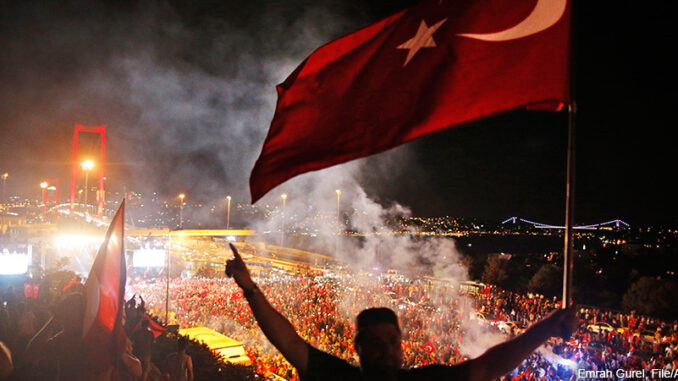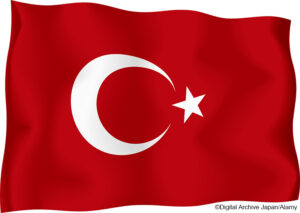

On July 15, there was an attempt to forcibly remove Turkish president Recep Tayyip Erodgan from power. This action is called a coup d’etat. While detailed motives of the perpetrators are not yet fully known, the nation of Turkey has a long history of military coups. This latest attempt ultimately failed and left 250 people dead. This week, btw takes a look back and around at the current situation to get a clearer idea of what it might mean for the future of this region.
A Brief History
Located in the Middle East, bordering Syria, Iraq and Iran, the land that contains modern Turkey is considered one of the oldest permanently settled regions in the world. After being ruled by the Ottoman Empire since 1299, the end of World War I led to the establishment of the modern Republic of Turkey in 1923. Unlike some countries (such as the United States), the leader of Turkey has direct authority over the nation’s military. In fact, Turkey’s constitution grants the military the authority to “step in when needed.”
Back in 1960, a small group of 37 young military officers charged Prime Minister Adnan Menderes with violating the constitution and embezzling state funds. As a result, the prime minister, foreign minster and finance minister faced a military trial, were found guilty, and were publicly hanged. By the late 1960s, Turkey was experiencing economic recession, social unrest, and municipal chaos. So in 1971, the Chief of the General Staff of the Republic of Turkey (the head of the military) gave Prime Minister Suleyman Demirel a memorandum threatening takeover if certain demands were not met. Demirel resigned the next day. This “coup by memorandum” happened again in 1980 and 1997.
Current Unrest
Recep Tayyip Erodgan served as Turkey’s prime minister for twelve years before being elected its president in 2014. As a leader, Erodgan is a staunch conservative and supports religious integration into public institutions such as schools. Erdogan has been accused of becoming increasingly authoritarian–pushing for constitutional changes that would grant him more power. Erdogan has restricted public protests and has also been accused of corruption. A group calling itself the Peace at Home Council (referencing the administration who took control in 1923) issued a statement that it wished to “reinstate constitutional order, human rights and freedom.”
Unlike the past, Turkish military leaders appeared to be divided over the coup attempt, which is one of the likely reasons it failed. Regardless, the turmoil has many in the European Union (EU) concerned Because of its location, Turkey currently hosts at least 2.7 million Syrian refugees, more than any other country. Last year, the EU struck a major deal with the country, which provided large financial and political incentives. It is also a strategic location for U.S. military action in the Middle East. Because Turkey has been seeking entry into the European Union for many years, the EU may have some political leverage.
